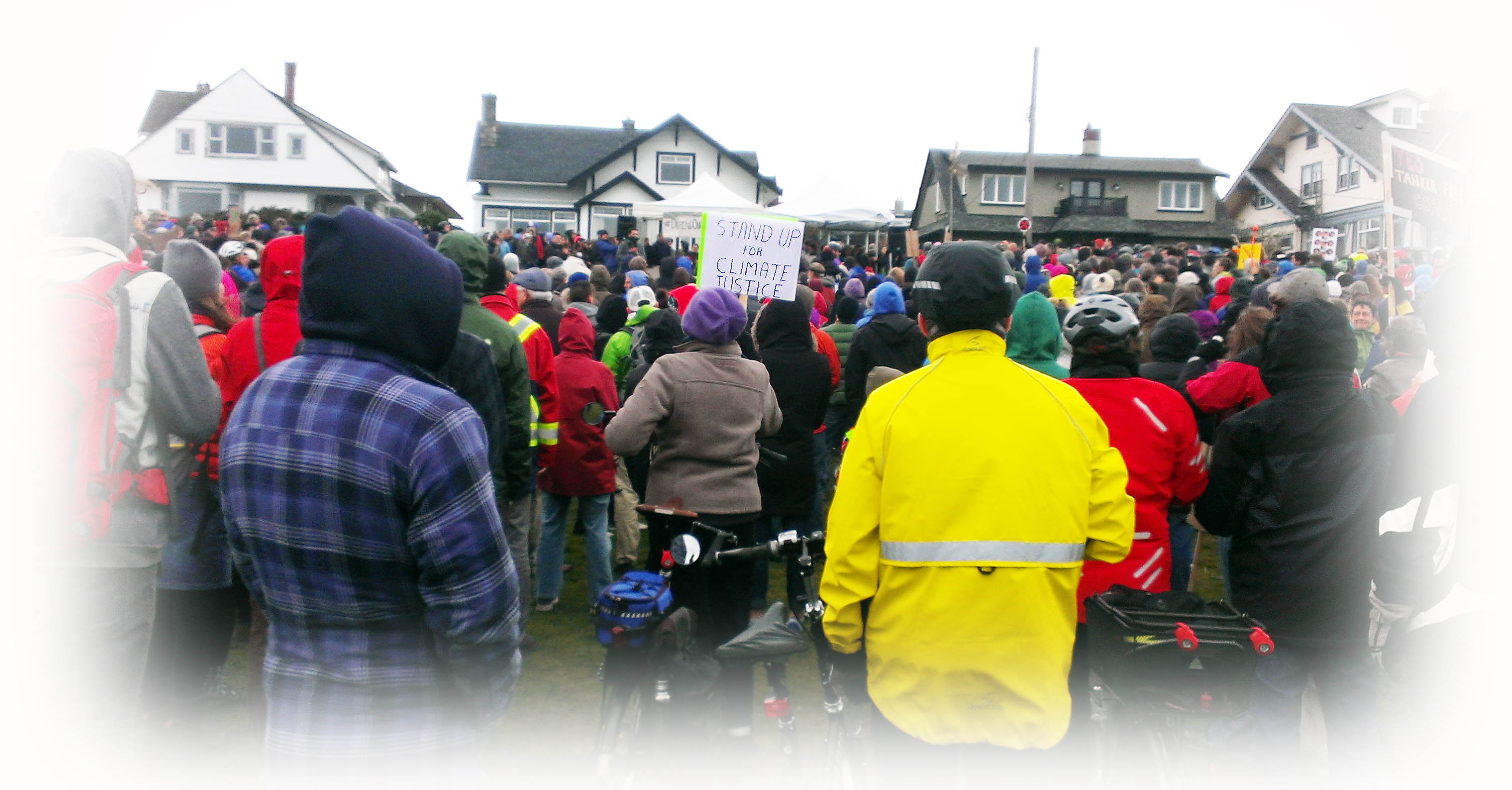What is SOCIAL CAPITAL?
And, what is its relationship to AGENCY?
Integral to sustainable community development and community is the building and sustaining of social capital. Social capital is about human relationships, with one another individually and collectively as a member of clubs, groups and networks. It is about the ability of individuals to secure benefits by virtue of membership in social networks or other social structures (Portes 1998).
Networks are important to sustainable communities as they are most often mobilized for social action, change and social innovation. Networks are embedded within a defined community, and they may be communities of place or a community of interest (for example, a cyberspace chat room). Networks are important as they help to build trust, lubricate the flow of information and knowledge and empower individuals to act collectively. For greater detail about social capital, please see our slide show. Putman (1998) asks a critical question about social capital, do we want more police on the street or more people knowing their neighbours?
As part of my Canada Research Chair’s program, my first three years of research into social capital led me directly to the concept of agency. Why, because there seemed to some a priori condition that got people to act prior to the formation of social capital. I began to ask the question, what makes one community collapse with an economic downturn while another transforms itself, and equally, what makes one individual able to transcend a personal tragedy while others hit the streets? Agency, the will or intent on the part of an individual or collectively to act, to make a change in either a personal or collective circumstance. Agency is the precursor to the mobilization of social capital, people have to believe they have the ability to influence change, to make a difference, to be heard. Agency is the ability to respond to events outside of one’s immediate sphere of influence to produce a desired change. Collective agency is not simply the sum of the efficacy beliefs of individual members...it is an emergent property (Bandura, 2000. p. 75). Both agency and social capital must be available in a community to effect social change (Krishna 2001; Newman & Dale 2007).
Sustainable community development, agency and social capital have an intimate dynamic connection, and government policies can either build or destroy existing community capital. It depends upon whether they work with communities or over communities when developing policies. Many of our case studies explore this relationship and we encourage you to explore our research site, our research projects as we continue to explore and research these dynamic connections.
